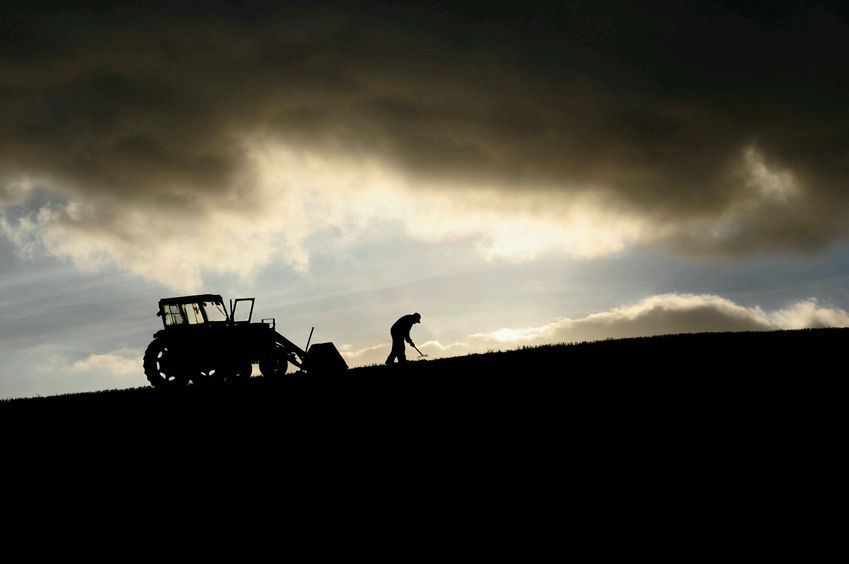NFU brings industry together to discuss no deal Brexit

The NFU brought more than 70 representatives from the agri-food supply chain together in London in December to discuss the impacts of the UK leaving the EU without a deal in place.
The NFU has been clear that the UK leaving the EU without a deal would be 'catastrophic' and is 'not an option' for UK agriculture.
The whole supply chain was represented – from seed to shop shelf – representing from pre and post farm gate.
The event was also supported by Defra, and officials there heard a strong message on the strength of feeling around some key no-deal issues.
During the event attendees broke out into four workshops focusing on: domestic markets, exports, physical inputs and wider operational concerns.
Within these workshops participants identified risks and discussed potential mitigation strategies. As expected, across the workshops several key themes emerged.
Labour
From staff on cutting lines in abattoirs, to dairy herdsman, to seasonal fruit pickers, no part of the industry was content with provisions made to ensure the sector would have access to the permanent and seasonal workers it needs in the event of no deal.
With some non-UK workers going home for Christmas, several present were concerned staff may simply choose not to come back.
Those seeking to recruit workers next year reported they were already facing issues with uncertainty over Brexit cited as a major concern.
The balance of trade
Many businesses present voiced concerns about the potential inability of the UK to export animals or animal-based products to the EU in the event of no deal.
In 2017, 31% of domestic sheep meat production was exported and 94% of that was destined for the EU, using carcase weight equivalence this equates to a staggering total of around 4.5 million sheep.
Other sectors are equally as reliant on EU outlets and face similar issues including cull cows, cull sows and trade in live chicks.
On imports there was much discussion about key inputs for the sector such as seed, ag chem products and fertilisers.
Whilst stockpiling is possible it isn’t the silver bullet, according to the NFU.
For example, many crop protection products are manufactured on the continent and production cycles are planned to coincide with market demand across Europe meaning the UK can’t buy early.
Stockpiling fertiliser isn’t possible due to security concerns. Elsewhere many horticultural businesses rely on imported product to complement British seasonality, with March representing the lowest point of British production supply of fruit and veg could be at risk.
Logistics
Delegates heard that a significant proportion of the food consumed in the UK comes across the Dover Straight.
Currently 10,000 lorries cross this 20 mile stretch of water each day with traffic heading both ways.
Any delays at the borders have the risk of causing serious disruption to the food chain.
With lorries potentially held up in queues, delegates expressed concern that hauliers would be in short supply, potentially pushing up cost and waiting times for businesses.
Communication
Communication and timing of that communication was a key theme emerging from the workshops.
Many felt that in the event of no deal, clear and co-ordinated communication would be needed from government to industry and consumers.
As part of this, consumer confidence was of concern and many felt there was a role for government in helping to promote Great British food.
Access to capital
All of the workshops touched on the impact fluctuations in currency could have on our sector.
Alongside this, cash flow and adequate access to credit were raised as genuine issues, with some questioning the support banks would be given from financial authorities to ensure they were able to support customers in times of need.








